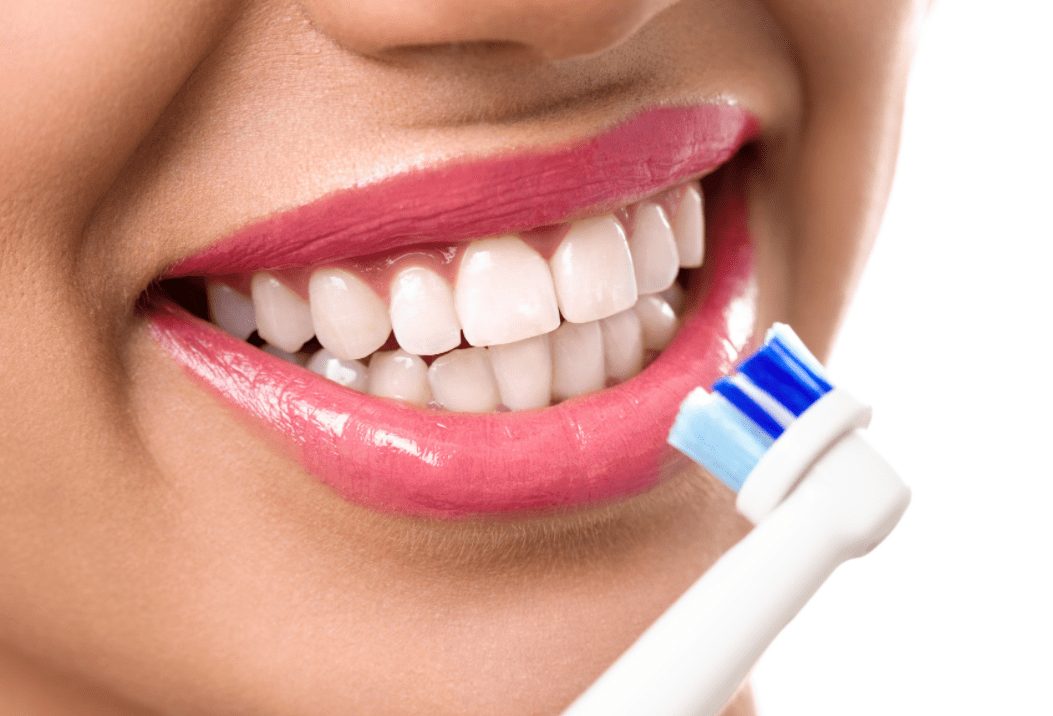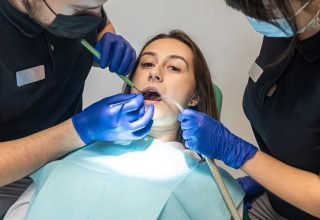Are Diabetes and Oral Health Related?
Diabetes and oral health are closely linked. A 2020 survey revealed that 68 percent of patients hospitalized with type 2 diabetes showed signs of gum disease. Most patients had several decayed or missing teeth.
Doctors have known for years that oral health and overall health are connected. But many people don’t know that, including diabetics.
What is the biggest complication of diabetes in terms of oral health? Why does diabetes cause tooth problems? How can people with diabetes promote their oral health?
Answer these questions and you can treat your oral health in no time. Here is your quick guide.
Oral Complications
The main complication of diabetes in oral health is periodontal disease. Periodontal disease affects the gums, causing them to pull away from the teeth.
The disease comes from bacteria, which feed off of sugar and carbohydrates. High blood sugar levels are enough to allow bacteria to spread through the mouth.
If a person with diabetes continues to eat sugary foods, the bacteria can penetrate into bones. This can cause teeth to fall out, requiring the individual to get dentures or implants.
Diabetes also causes problems through thickening the blood vessels. Essential nutrients cannot travel to cells in the mouth, and wastes cannot travel out. This can cause cells to become inflamed and eventually die.
Smokers are up to 40 percent more likely to develop diabetes than nonsmokers. Tobacco inhibits the healing process, making it harder for gums to fight off infections. Nicotine can make insulin less effective, causing blood sugar levels to spike.
How to Promote Your Oral Health
Following basic dental care procedures can mitigate a person’s risk for complications. People with diabetes should go to their dentist at least twice a year. If they notice problems like bleeding or swelling, they should make an emergency appointment.
Everyone with diabetes should educate themselves on gum disease. Significant symptoms include red, tender, and sensitive gums. They should Google “CDC oral health” for the latest guidelines.
They should brush their teeth at least twice a day for two minutes each time. The sessions should be spaced apart so all debris gets removed from the teeth. They should floss at least once and whenever they get food in their teeth.
A person with diabetes should use soft bristles and gentle gestures when brushing. Scrubbing too vigorously can uproot the gums, making gum disease worse.
They should also take all necessary steps to reduce their blood sugar levels. They should stop eating foods that contain extreme levels of carbohydrates. If they smoke, they should quit right away.
The Connection Between Diabetes and Oral Health
You must know the ties that connect diabetes and oral health. High blood sugar levels allow bacteria in the mouth to spread. Blood vessels running to the teeth become thick, preventing healthy cells from growing.
Nonetheless, there are ways people with diabetes can fight back. Managing blood sugar levels is a major step.
But they should also brush their teeth and floss whenever it is necessary. They can develop a more in-depth plan through visits to their dentists.
Diabetes does not have to devastate anyone. Follow our coverage for more diabetes guides.
Read Also:



